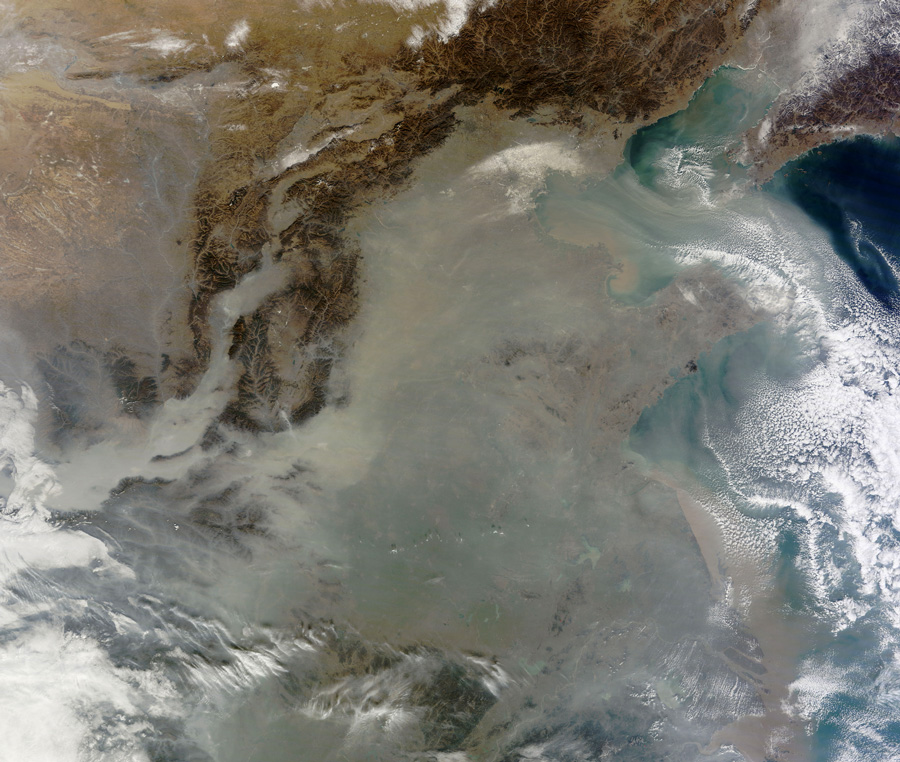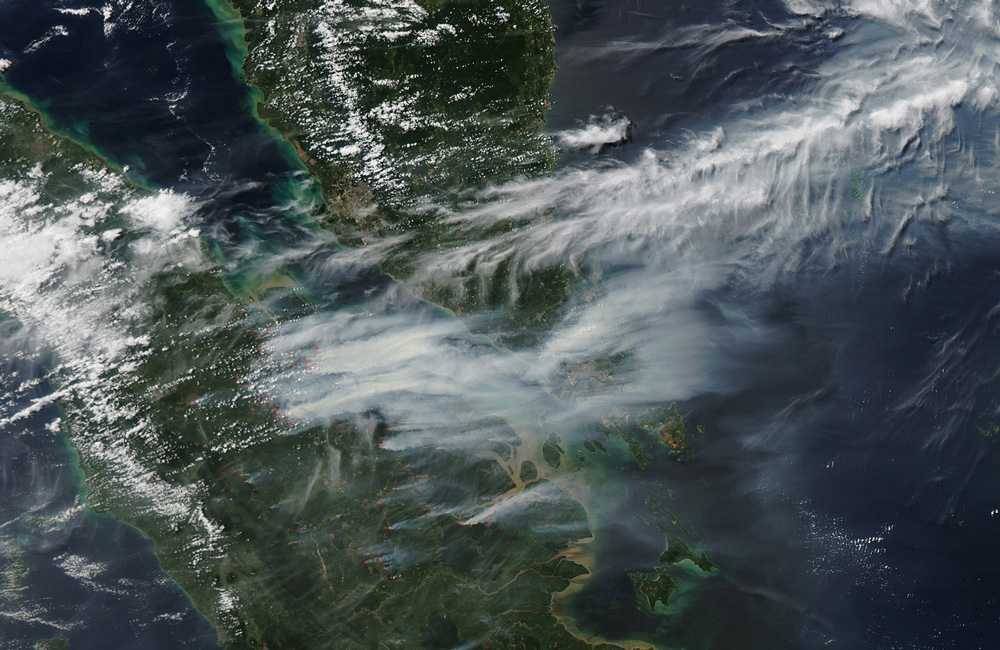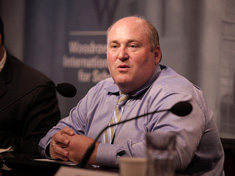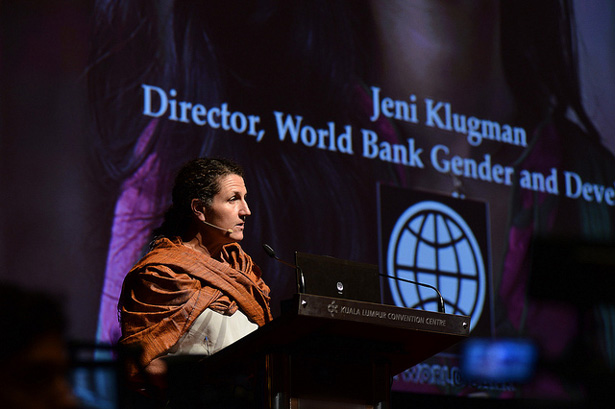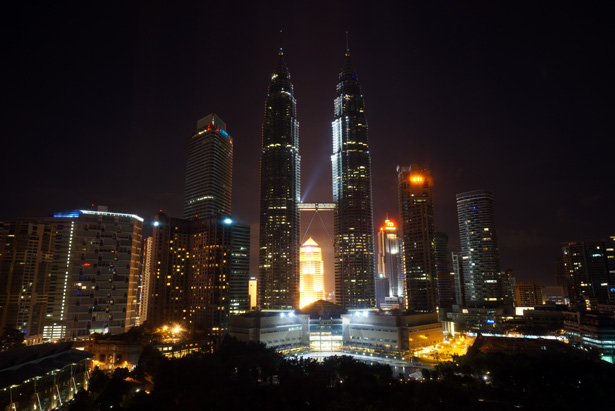-
Displacement, Migration, and Urbanization in the 21st Century
›Guest Contributor // Urban Sustainability Laboratory // July 6, 2021 // By Gad Perry, Chris Upchurch & Laura Cline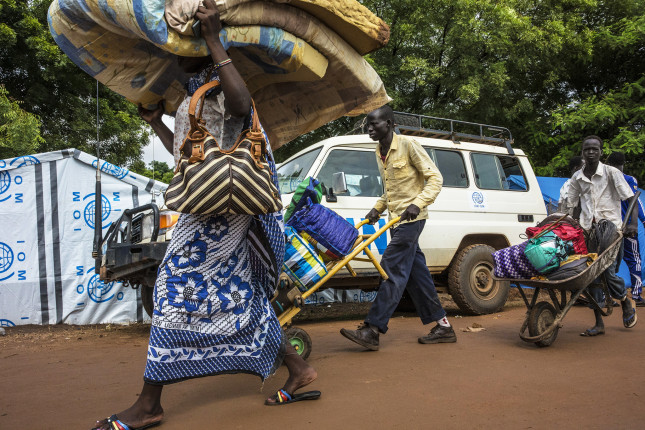
Over 79 million people are currently forcibly displaced within their own country or across international borders as a result of conflict or natural disaster. As Filippo Grandi, the United Nations High Commissioner for Refugees, explained in 2020, “resolving forced displacement is not only a moral or humanitarian imperative, but also deals with issues at the heart of the [Security] Council’s mandate to maintain international peace and security.”
-
The Environmental Collateral Damage of the South China Sea Conflict
›
Tensions in the South China Sea increased last April when a Chinese coast guard ship sank a Vietnamese fishing boat near the Paracel Islands—a fiercely disputed territory in the South China Sea. Disputes over island territories in the region have endured for decades, with China, Vietnam, the Philippines, Taiwan, Indonesia, Malaysia, and Brunei all making overlapping territorial claims. The region is rich in natural resources and biodiversity, holding vast fish stocks and an estimated 11 billion barrels of oil and 190 cubic feet of natural gas.
-
The Women of Sarawak and Mindoro on the “Invisible Battles” of Climate Change
›Although separated by a thousand miles, the women of the Malaysian state of Sarawak and the Filipino island of Mindoro are united by a major struggle: climate change. As rainfall patterns grow increasingly unpredictable, natural disasters become more frequent, and drought ravages once-arable land, women are on the frontlines in both communities.
-
The Role of the Private Sector in Solving Asia’s Environmental Emergency: Interview With Mark Clifford
›From smoggy skies to rancid rivers and staggering slums, environmental challenges loom large for Asia. While much has been said about the role of government and NGOs in achieving a sustainable future, Mark Clifford, executive director of the Asia Business Council, believes companies are an indispensable but often overlooked part of the solution.
-
Southeast Asia’s Haze Problem a Harbinger of Challenges to Come
›The original version of this article first appeared on The Globalist.
Haze may be the new weapon of mass destruction. Not in the narrow sense of an incoming ballistic missile, of course, but for millions in Southeast Asia, this summer’s sooty haze poses a threat more dire than a nuclear-tipped missile.
-
Geoff Dabelko on Avoiding Conflict From Climate Adaptation
›
Although major global action remains stymied in many respects, policymakers around the world are increasingly at least recognizing the need to increase resilience to the effects of climate change. But are the consequences from hastily implemented initiatives being adequately considered? Perhaps not.
-
Women: Producers, Not Just Reproducers
›
A major theme on day one of the global Women Deliver conference here in Kuala Lumpur was that “women are not just reproducers, they’re producers.” That is, maternal health and other gender-related issues not only affect the lives of women, girls, and children, but help shape the economies and societies that they live in.
-
In Kuala Lumpur, U.S. Congressional Staffers Briefed on Maternal Health Challenges in India
›
It’s funny when you bump into your neighbors on the other side of the world. Today I spoke about the Global Health Initiative’s recent collaboration with the Population Foundation of India at a regional briefing on health in South and Southeast Asia before the 2013 Women Deliver conference in Kuala Lumpur, Malaysia. The special roundtable was part of a week-long study tour for a group of U.S. Congressional staffers that work on foreign affairs.
Showing posts from category Malaysia.



